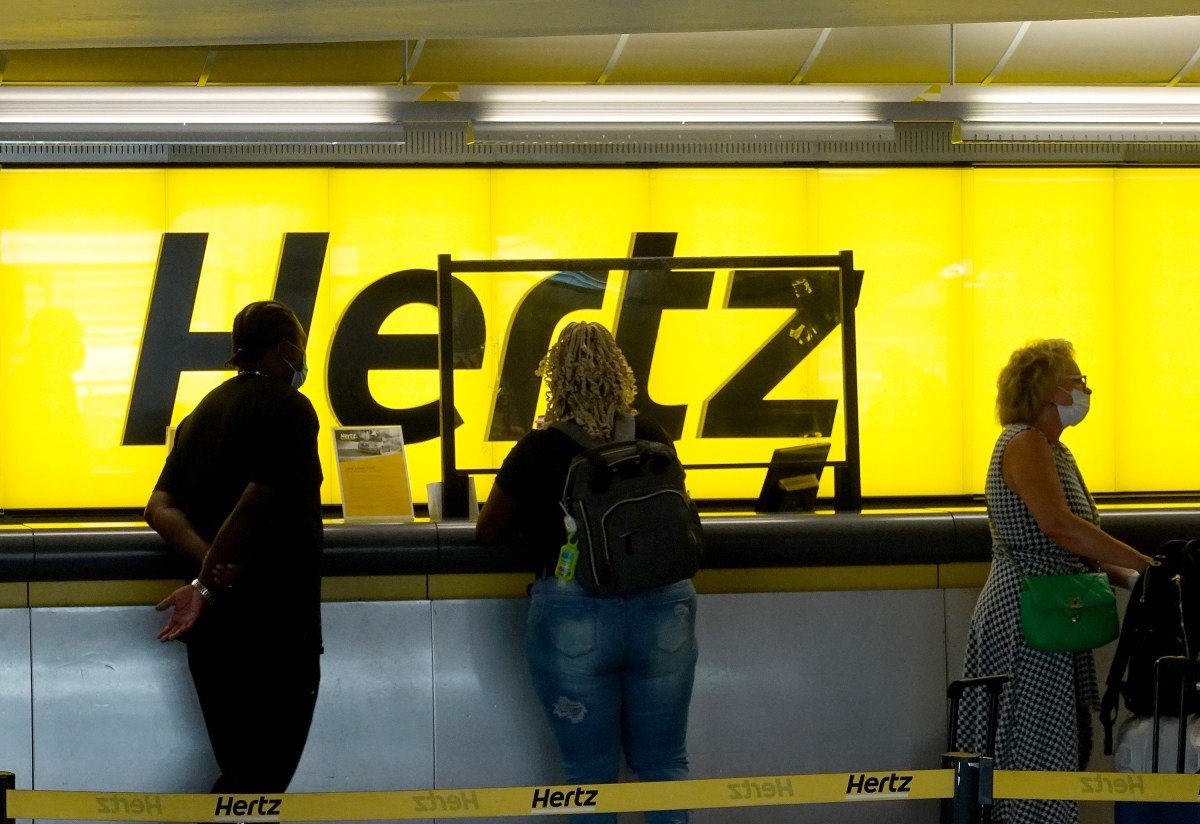Hertz, one of the leading rental car companies, caused quite a stir with its announcement in 2021 that it would purchase 100,000 Tesla Model 3 sedans in just over a year. This was followed by another big move in which the company declared it would buy 65,000 Polestars in a span of five years, signaling what appeared to be a major shift towards electric vehicles (EVs) in the rental car market.
However, the much-anticipated EV transition for Hertz hit a roadblock on Thursday when the company revealed in an SEC filing that it would be selling 20,000 of its EVs and replacing them with fossil fuel-powered vehicles. While this could be seen as a sign of EV momentum slowing, it also serves as a warning for businesses on how to properly assess new markets, and how not to introduce a new product to customers.
“After Hertz started buying EVs, it directed most of them to Uber drivers. Uber was pushing drivers toward EVs in a number of markets, cities like New York were enticing them to make the switch, and they had attractive operating costs relative to gas-powered cars.”
This move to primarily target Uber drivers with EVs seemed like a strategic move at the time. Uber was actively encouraging its drivers to switch to EVs, and many cities were offering incentives for the switch. Plus, EVs have lower operating costs compared to traditional gas-powered cars. Hertz also noted that Uber drivers tend to rent cars for longer periods of time, meaning fewer employees were needed to maintain a given number of vehicles, and maintenance costs were lower as well. All these factors made it seem like the perfect opportunity for Hertz to gain a strong foothold in the ride-share market.
However, the reality turned out to be quite different. While maintenance costs may have been lower, the cost of repairing damages from collisions ended up being significantly higher than expected. This is not surprising considering EVs, particularly Teslas, are more expensive to repair and body shops may not have as much experience with these vehicles yet. In fact, this is a common issue with many car brands, where it generally costs more to repair a Volkswagen compared to a Chevy. The fact that Hertz seemed to overlook this is puzzling.
Ultimately, this serves as a cautionary tale for businesses looking to enter new markets and introduce new products. It’s crucial to thoroughly assess the market, consider all potential challenges and costs, and listen to customer feedback before making major investment decisions.








